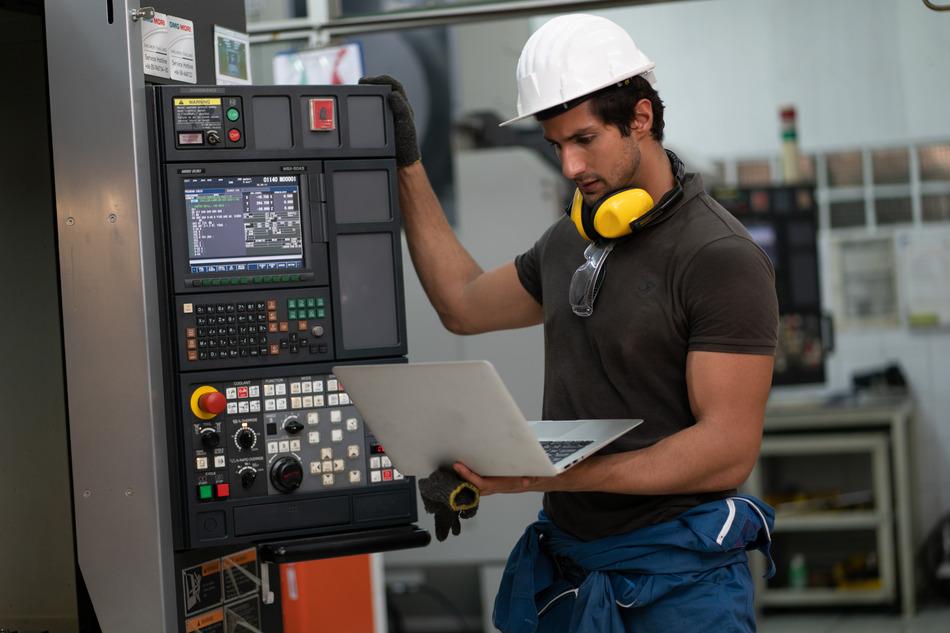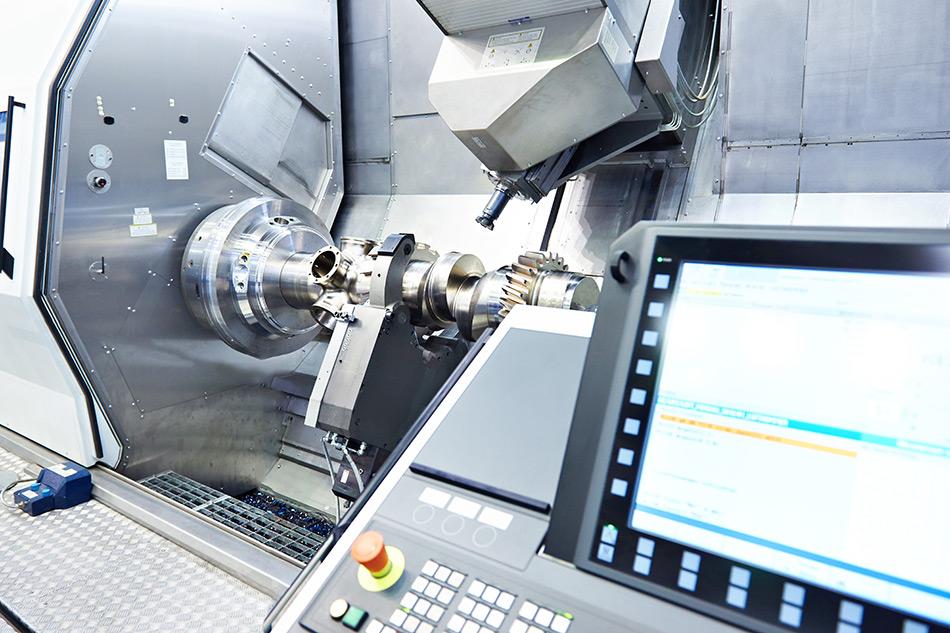Precision Machining Explained
2 items
Menu
Services
Emergency Contact Form
Newsletter Signup!
© All rights reserved. • In-House CNC Service LLC | Privacy Policy | Terms of Service • Web Design Services In ABQ by Design it Right
2 items
© All rights reserved. • In-House CNC Service LLC | Privacy Policy | Terms of Service • Web Design Services In ABQ by Design it Right
Precision machining is essential for producing high-quality parts and components that meet stringent performance and safety standards. By leveraging advanced CNC technology, manufacturers can achieve exceptional accuracy, consistency, and repeatability in their machining processes.
Some key benefits of precision machining include reduced waste, improved product quality, and increased production efficiency. Precision parts also have a longer lifespan, making them a cost-effective choice for a wide range of industries, from aerospace to medical equipment.
The use of CNC (Computer Numerical Control) technology is a key factor in the success of precision machining. CNC machines are programmed to execute complex, multi-axis movements with remarkable accuracy, allowing for the production of intricate parts and components.
By combining CNC machining with skilled operators and robust quality control measures, manufacturers can ensure that every part meets the required specifications, regardless of the complexity of the design. This attention to detail is crucial for maintaining the integrity and performance of critical machinery and equipment.
Proper maintenance and servicing of precision machinery is essential for preserving its accuracy and reliability over time. Regular inspections, calibrations, and preventative maintenance procedures help to identify and address any issues before they can impact the quality of the finished products.
In-House CNC Service specializes in providing comprehensive maintenance and repair services for a wide range of precision machining equipment. By entrusting their machinery to the experts, customers can be confident that their investments are protected and their production processes remain consistently efficient.
Understanding the principles and best practices of precision machining is crucial for both industry professionals and those new to the field. Through educational resources and hands-on training, individuals can develop the skills and knowledge necessary to excel in this highly specialized industry.
By investing in precision machining education, companies can ensure that their workforce is equipped to handle the demands of modern manufacturing, from programming CNC machines to implementing rigorous quality control measures. This commitment to continuous learning and development helps to maintain a competitive edge in the marketplace.

